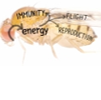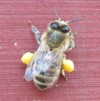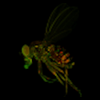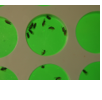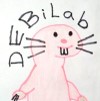Courses
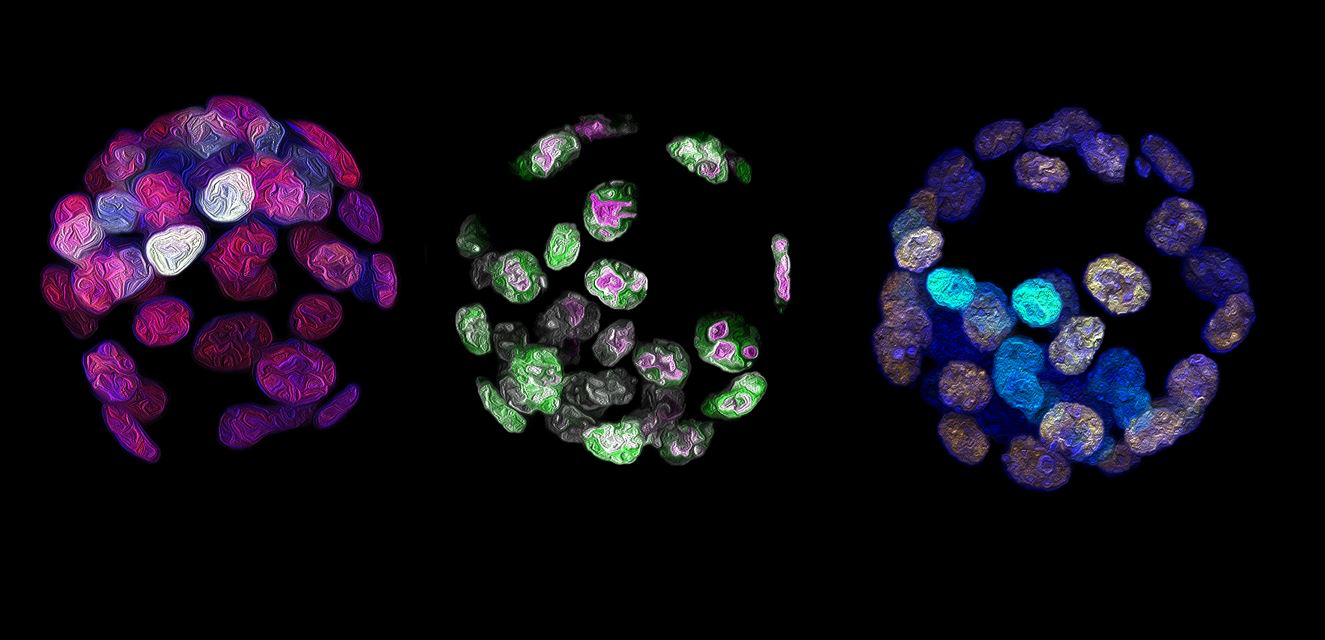
Department of Molecular Biology and Genetics
Courses
List of courses offered by the Department of Molecular Biology and Genetics taught in English
| Number | Name | Semester | Credits | Guarantor | |
|
Undergraduate courses |
|||||
| KMB | 182 | Departmental Seminar | both | 2 | 'doc. Mgr. Hassan Hashimi, Ph.D.' |
| KMB | 215 | Bioinformatics Project | winter | 8 | 'prof. Ing. Miroslav Oborník, Dr.' |
| KMB | 219 | Introduction to Cell Biology | winter | 2 | 'doc. Mgr. Tomáš Doležal, Ph.D.' |
| KMB | 223 | Techniques of microscopy and image analysis for biologists | summer | 5 | Mgr. Hana Sehadová, Ph.D.' |
| KMB | 358 | Introduction to Genomics | summer | 3 | 'Dr. Alexander William Bruce, Ph.D.', 'Mgr. Aleš Horák, Ph.D.' |
| KMB | 605 | Introduction to Bioinformatics | summer | 6 | 'prof. Ing. Miroslav Oborník, Dr.' |
| KMB | 758 | Molecular Biology and Genetics I | winter | 3 | 'Dr. Alexander William Bruce, Ph.D.' |
| KMB | 770 | Methods in Molecular Biology | winter | 4 | 'Mgr. Lenka Chodáková, Ph.D.' |
|
Graduate courses (Master and Ph.D. level) |
|||||
| KMB | 182 | Departmental Seminar | both | 2 | 'doc. Mgr. Hassan Hashimi, Ph.D.' |
| KMB | 217 | Methods of Functional Genomics | summer | 5 | 'RNDr. Vladimír Beneš, CSc.', 'Mgr. David Doležel, Ph.D.' |
| KMB | 218 | Epigenetics | winter | 3 | 'Mgr. Petr Svoboda, Ph.D.' |
| KMB | 223E | Techniques of microscopy and image analysis for biologists | summer | 5 | Mgr. Hana Sehadová, Ph.D.' |
| KMB | 602E | Advanced methods of molecular biology 2 | summer | 4 | Mgr. Lenka Gahurová, Ph.D.', RNDr. Alena Panicucci Zíková, Ph.D., |
| KMB | 618 | Epigenetics and regulation of gene expression | summer | 5 | 'Mgr. Lenka Gahurová, Ph.D.' |
| KMB | 622 | Scientific Writing for Experimental Biologists | winter | 5 | 'doc. Mgr. Hassan Hashimi, Ph.D.' |
| KMB | 613 | Bioinformatics for biologists | summer | 5 | 'Ing. Petr Novák, Ph.D.' |
- Hits: 12739

